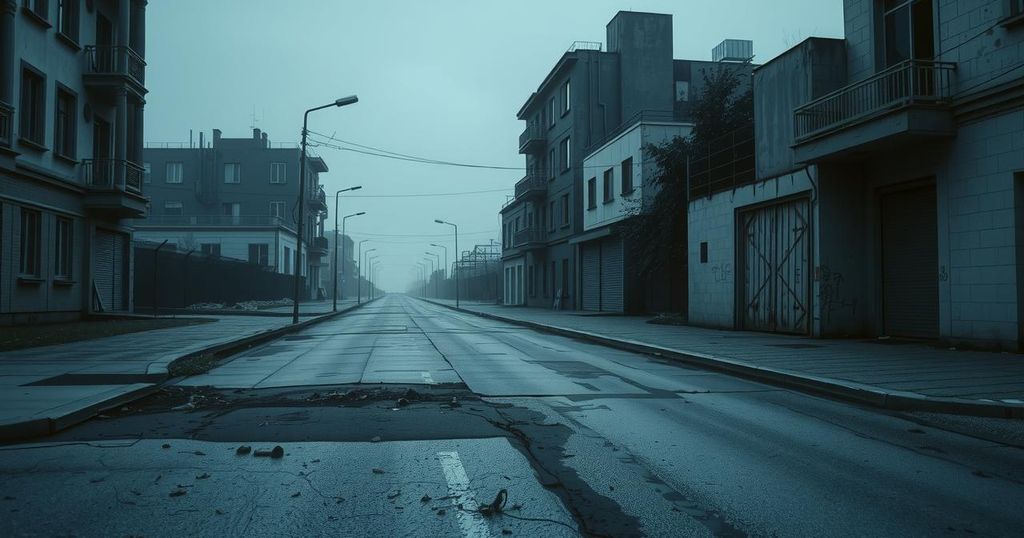Ecuador Election: A Pivotal Decision Amidst Rising Cartel Violence

Ecuador held elections amid rising cartel violence, with President Noboa seeking reelection against challenger Luisa González. The country faces significant crime challenges and turmoil, with a past reputation as a safe haven severely compromised. The election outcome could lead to significant changes in how Ecuador navigates drug-related violence and human rights.
Ecuadorans participated in an election on Sunday, focusing on a critical decision regarding the nation’s response to escalating cartel-related violence, which has far-reaching implications for global drug traffic. Incumbent president Daniel Noboa, 37, is seeking reelection following a tumultuous first term plagued by violent crime, economic challenges, and rising costs.
Ecuador is currently embroiled in a conflict among various international cartels aiming to control trafficking routes from Colombia and Peru. The country, once known for its safety, has seen a drastic increase in homicides, now considered one of the most dangerous in Latin America, with a dramatic rise of over 400 percent in five years.
Noboa remains a popular leader, leveraging his youthful image and stringent policies against drug gangs. His campaign included high-profile security measures, such as military deployments to secure key areas during the election. Despite some successes in curbing violence, the underlying threats from international gangs persist.
Facing him in the election is Luisa González, backed by ex-president Rafael Correa, who is gaining support due to her criticism of Noboa’s approach to human rights and allegations of authoritarianism. González emphasizes the need to uphold democracy and promote dialogue with rival groups to address drug violence.
The elections are significant amid reports of political candidates being targets for violence, resulting in a mass exodus of citizens and a struggling economy. If no candidate achieves the required majority, a runoff election will occur in April. Mandatory voting is in effect during this tense political climate.
Ecuador is grappling with a severe increase in drug-related violence attributed to the activities of powerful international criminal organizations. The nation, once regarded as one of the safest in the region, is now at the center of a fierce battle between various cartels, resulting in a public security crisis. The incumbent president, who has been criticized for his handling of the situation, faces a notable challenge from a political opponent advocating for human rights and a different approach to crime. The political landscape in Ecuador is characterized by tensions between the current government and rising political figures who seek to address both the crime crisis and the impact on democracy. With voting mandatory, the upcoming election will be a crucial determinant in shaping the country’s future trajectory amidst these ongoing issues.
The election in Ecuador is a pivotal moment in addressing the escalating violence linked to drug trafficking. The contrasting approaches of the candidates reflect broader societal divisions regarding how best to combat crime and protect human rights. As the nation faces a critical choice between continuing current policies or exploring alternatives, the implications extend beyond its borders, highlighting the complex nature of global drug trafficking and security.
Original Source: www.batimes.com.ar







